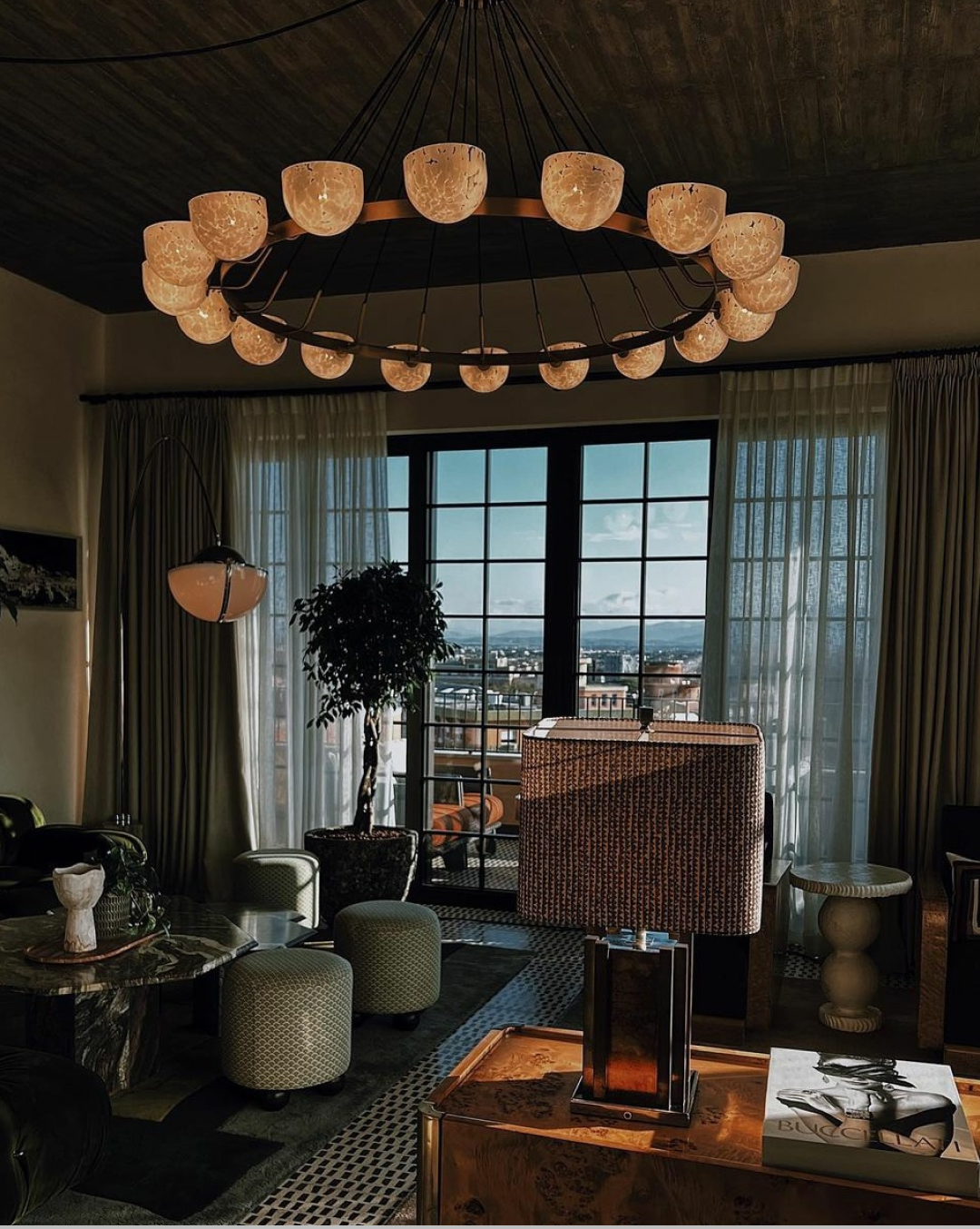
Can Milan return to being the center of fashion? The war for relevance can only be won through an alliance of all institutions
If the revelation of the last Milan Fashion Week Women's was the appearance of an interesting group of new Italian designers such as Marco Rambaldi, Alessandro Vigilante, ATXV, Andrea Adamo, Act n.1 or Cormio, to name a few, who have manifested themselves to the world as Divine Providence; the atomic bomb of the next round of fashion shows dedicated to womenswear collections in Milan will be the return to the official calendar of Gucci and Bottega Veneta, two of the main fashion brands in the world, able to move the fate of the fashion world simply by choosing, for example, to return to show in Milan. In fact, it seems that the next season of great returns could succeed in reinvigorating the interest of the press and buyers in Milan and reversing a cycle of degeneration that began years ago that is, without a doubt, turning into regeneration. This is also due to the fact that now that London, due to Brexit, has become off-limits for many brands and that other European fashion weeks, also because of their relative youth, are not yet able to match the power that Milan has to become an international platform for brands and designers. After all, the phenomenon of world fashion phenomena, Off-White, was born in via Manin thanks to a structure called New Guards Group, now sold to Farfetch but originally very Italian, thanks also to the clairvoyance of Marcelo Burlon who in the meantime we have expatriated instead of erecting a monument to him.
So far, apparently, everything is fine but it remains true that many of the progress that is being made towards the regeneration of Milan are not due to a wise systemic orchestration but to the work of individual brave captains who drive their own ship but are not part of a unitary fleet. This is because in recent years there has been more interest in setting up pharaonic events such as the Green Carpet, giving prizes for unclear reasons to Miuccia Prada and Giorgio Armani, than to give systematic help to young designers active in the city and because the city institutions have kept away from fashion and also because Vogue Talents, Vogue Italia's container dedicated to emerging talents has simply ceased to exist. All the competent institutions in question have never, at least in recent times, sat around a table to agree on a shared strategy to focus on the relationship between public and private, between mega-brands and young promises, between industry, craftsmanship and territory, between past, present and future, perhaps involving fashion schools and museum institutions such as Triennale and Palazzo Morando.
What Gucci and Bottega Veneta will find in front of them in returning to the city is a state of apparent excitement which, however, does not correspond to a solid, built and homogeneous reality of the facts. What happens in these cases is that each of the characters involved washes their hands, having also quite right because here, as in Murder on the Orient Express, everyone is suspected without exception. However, this observation is not absolutely conclusive and each of the individual problematic aspects has such deep roots that they go so far back in time from where they can be addressed, individually, with extreme caution. The point of the speech, however, is to understand how to get out of this impasse and transform the next fashion week into a concrete moment of rebirth not so much for Italian fashion or for young designers but for fashion in general. Italy, in fact, by productive and cultural tradition, is a perfect apparatus for creating content, much more than other countries and could become an example for the whole world.
Perhaps the time has come to think of a systemic project that does not have the ambition to chase the other fashion capitals but that tends to reaffirm the Italian model, always based on the harmony between those who invent and those who realize and that could restore centrality to the discourse on fashion. The never too praised Michel Foucault, father of structuralism in sociology, argued that the relationships and relationships between roles within established organizations tend to reproduce patterns of power and domination that place that same organization, or institution, in a condition of self-referentiality that leads it to reproduce problems, rather than to solve them, exactly with the aim of consolidating and maintaining positions of power within the social organization and, more generally, of society as a whole. Feeding a system would in fact mean bypassing this condition of self-referentiality from which almost all the institutions of Italian fashion suffer and opening a positive and dynamic circle of mutual help.
Without wanting to fall back into the hope of a heroic leader who saves the world but who everyone would like to get rid of, at this moment there are intelligent people open to dialogue that I believe are waiting for nothing more than to sit around the famous table mentioned above: Francesca Ragazzi, new chief editorial content of Vogue Italia, Tommaso Sacchi, new councilor for culture of the Municipality of Milan, Sara Maino, creator of Vogue Talents and brand ambassador of Camera Moda, Ilaria De Palma, curator of the historical collections of Palazzo Morando, to name a few. To conclude, to be honest, perhaps few remember that Stefano Boeri at the time when he was councilor for culture in Milan had begun to build solid bridges between municipal institutions and fashion and had also organized a two-day listening to hundreds of people in the sector that had been really interesting. Of that unique event perhaps somewhere, in some office of the municipality of Milan, traces have remained and perhaps from those crumpled sheets or from that file hidden at the bottom of some subfolder we could start again. To start talking again. With the help, support and approval of big brands such as Gucci and Bottega Veneta.






























































